Preparing for a post-pandemic world. That’s what it feels like we’re gearing up for. Doesn’t it? Sure feels that way to me.
It feels like now is the time to be developing vital skills to sharpen what we already have the capacity for, but may have forgotten during a global pandemic. Two specific skills have been top of mind for me, not because of the virus per se. I’m revising the third draft of the book on leadership I’ve been writing. The two chapters I’ve been working on are Resilience and Flexibility. The relevance of which has not been lost on me.
Like never before we’re being called on to be flexible in how we live, work and lead. We’re adapting to gargantuan changes in a short time. It’s causing global anxiety, but we’re doing it, we’re managing. We’re coping. The best we can. We are being flexible.
We sit at home, hoping that the measures being brought to bear will have the desired effect. And wonder how it will all turn out.
As we turn our mind to what happens after this, resilience will be a strong theme. Resilience prepares us for the post-pandemic world, the one we’ll create once the threat of the virus is under control.
Future Authors
We are the authors of the Post-Pandemic World. Our past informs the future, however, we may not realise that the future is ours to write.
We choose how much we will learn from what’s happening now. But first, it’s critical to draw on our innate capacity to endure difficulty. Our ancestors endured hard times, plenty of them. Their legacy lives in us, illuminating the way forward.
What will it take for you to connect to the part of you that knows how to manage difficulty? We have what it takes. We have the technology and connection to cope with the disruption. It can bring out our best and the worst in us. We decide which it will be. We decide how we respond. How we are impacts those around us, locally, virtually and globally.
Our Choice
The choices we make now, about how we respond collectively, make a difference and shape the future. Choices regarding flexibility and resilience, how we relate to them. Perhaps like friends after social distancing measures are lifted. Embrace them.
Flexibility is something we tend to take for granted. We tend to think we’re pretty flexible and perhaps we are, in some areas. However, rigid thinking comes to light at times like these. It often rests in our blind spot. But now, those dark places come to light. On a scale of mentally dextrous to rigid thinking, how are you going?
Flexibility as a Path to Resilience
How are you responding to the changes? Will increased flexibility be a path to resilience for you? Your team? Your household?
Resilience is a quality apparent after difficulty, yet we are being asked to be resilient now. Every second business blog post title and online course has ‘Resilience’ in the title. But how do we cultivate resilience? It’s a practice. At first flexibility is the basis of the response. Adapting to the current situation.
Some of us are more adaptive than others. Yet we don’t always have a compassionate response to those around us who are less so. Especially those who are dealing with the changes at a different pace. We know that stress impacts our brain, our health, and our decision-making capacity. How are your stress levels? Notice the stress in those around you, in your video calls, your news feed.
One of the things that has become most apparent is our interconnectedness and that one person’s actions or inaction can profoundly impact the whole. Remember this when you notice those who are not responding in the same way and at the same pace as you. If your stress is low and others are high, be mindful. If you’re doing better than someone else, your job becomes helping them. This applies mostly to team and family settings.
Vastly Different Responses
When it comes to complying with social distancing rules, there will always be rule breakers. In some countries, this results in having your door welded shut or the police having the authority to shoot to kill. Where we don’t have the threat of death, some will take our personal freedom and social responsibility for granted and defy the intention to stop the spread of infection. How do we deal with this? And what is there to learn from our approach? What does this say about us?
These questions also apply to helping people cope and adapt. To help them see their capacity to be flexible in a new light. Helping people get beyond the stress and anxiety to remain productive and functioning is an important leadership role. Especially when our teams are working from home.
In my book, I explore the dance between leadership and management. This is through the lens of developing skills for human-centred leadership in a modern context. Through this, we identify levels of competency into three categories: Basic; advanced and expert.
Basic is an awareness of concepts related to the skill. Practising the behaviours occasionally. Advanced is the regular practice of the behaviours associated. Expert includes the ability to teach others to develop their capacity.
Leadership Responsibility
People in leadership positions have an opportunity to inspire others to act from a place of care instead of fear. When it comes to resilience and flexibility, to lead the way by helping others come to grips with what’s going on.
As I write this we’ve passed 2 million confirmed cases of COVID-19 globally. The USA is approaching 700k confirmed cases. Deaths are at 150k globally. Over half a million have survived being infected. There will be a lot to learn from those who recovered.
At a point in the future, we will be able to look back and reflect on resilience from that vantage point. Until then we adapt, we cultivate mental dexterity and compassion. Where appropriate, leniency and support for those not coping and making decisions from stress and fear. Remember we are all touched by this in different ways. Adding to someone else’s stress during this time of collective trauma, however unintended, can be disastrous.
Normal is Cancelled
We’re all facing an uncertain future and feeling various levels of anxiety on a global level. Now is the time for leaders to be compassionate and show they care.
Now is the time to start thinking about how we’d like a post-pandemic world to look. This starts with the choices we make about how we respond to the state of affairs and how we support those around us, locally, virtually and globally.
What are the practices that help you be more flexible, have mental dexterity and cope well with rapid change? What will you contribute to how resilient we are in a post-pandemic world? On behalf of those who come after us, I thank you for what you’re doing to create the world they live in.
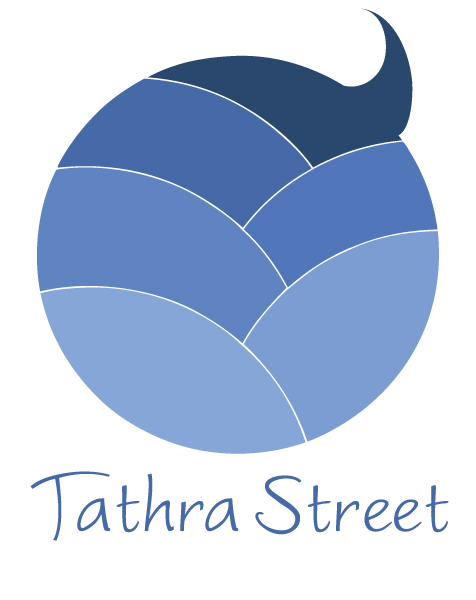
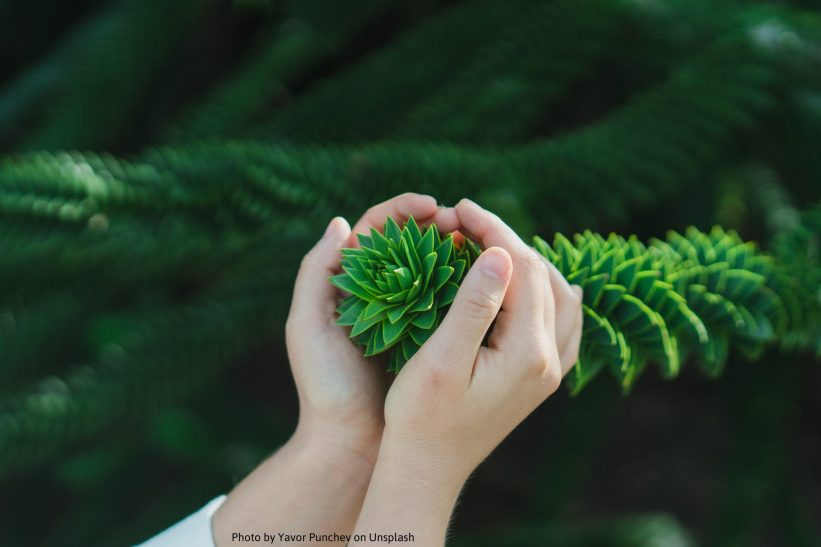
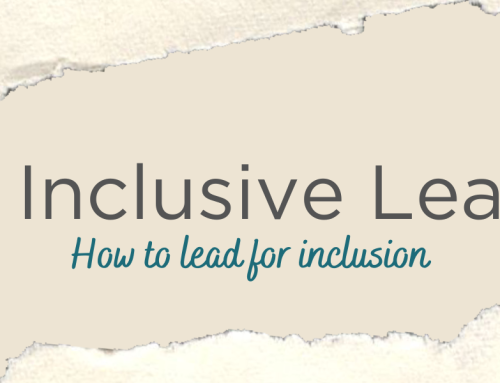
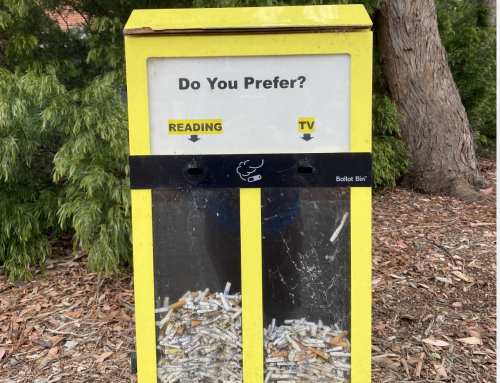
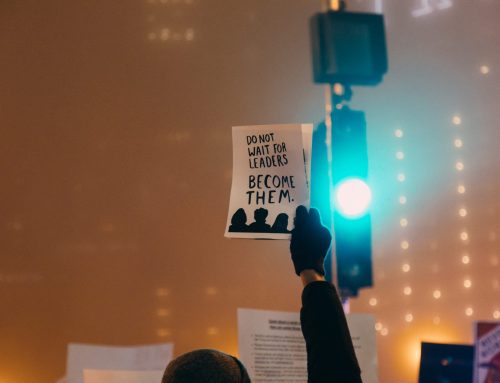
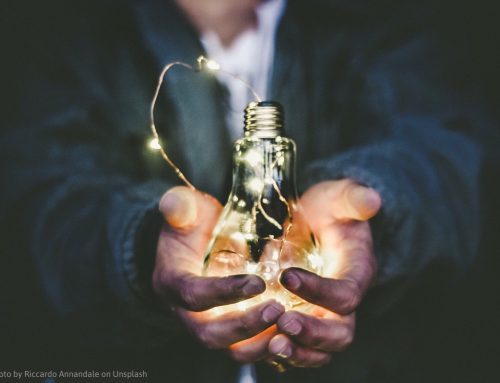









Leave A Comment